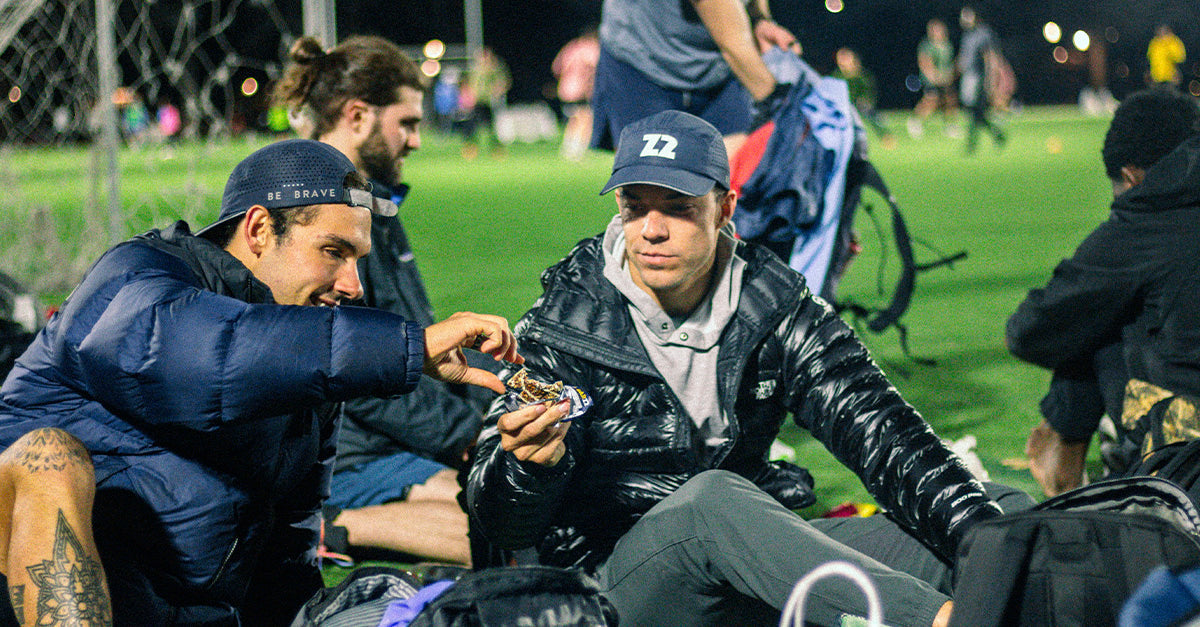You’ve been training consistently for weeks, following the plan, feeling your progress — in your body, your pace, your mindset. And then, out of nowhere, comes an unexpected break: a virus, a trip, an injury, life. That’s when the big question hits: did all that effort just go to waste?
The answer is: no. The good news is that your body doesn’t simply “reset” overnight. What happens is called detraining — the partial (or, in longer cases, total) loss of the physiological adaptations gained through training. But it’s important to understand that this loss isn’t immediate, and it doesn’t happen the same way for everyone — or for every system in the body.
Research shows that signs of detraining can start to appear after just 5 to 7 days without any significant training stimulus, especially in endurance sports like running or cycling. But the extent of those effects depends heavily on your fitness level, how long you're inactive, and what type of training you’ve paused. In other words, there’s no one-size-fits-all rule here.
In practice
What this means is that if you’ve been off for a week — whether due to illness, a mild injury, or some unexpected twist in your schedule — it’s okay. The losses are minimal, completely reversible, and in some cases, that rest may actually help your body recover from accumulated fatigue.
The most important thing is not to fall into the all-or-nothing trap. Detraining is not the end. A week off won’t undo your progress. Your body is adaptable, resilient, and it remembers. If the break extends past 2 or 3 weeks, the losses may start to accelerate, but even then, consistency brings it back. The key is returning with strategy — respecting your rhythm and not rushing the process.
And if you know in advance that you’ll need to pause, try to keep at least some light activity in your routine. Even two short sessions a week can help preserve a lot of your gains. Sometimes, what your body needs isn’t more effort — it’s more listening.


